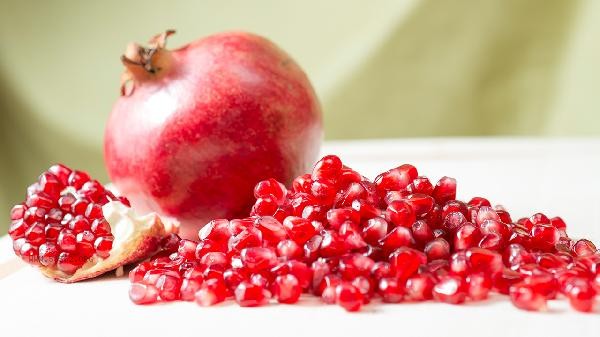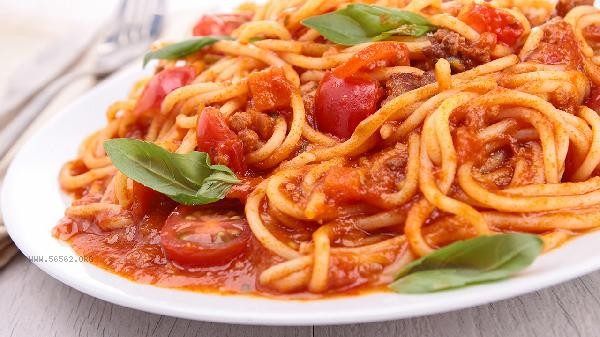Foods rich in dietary fiber mainly include oats, brown rice, broccoli, apples, beans, etc. Dietary fiber helps promote gastrointestinal peristalsis, aid digestion and absorption, and maintain intestinal health.

1. Oats
Oats are a common whole grain that contains abundant soluble dietary fiber, especially β - glucan. This type of fiber can delay gastric emptying, increase satiety, and help control blood sugar and cholesterol levels. Oats are suitable for breakfast and can be paired with milk or yogurt, which is both nutritious and healthy.
2. Brown rice
Brown rice is unprocessed rice that retains the bran and germ parts, and has a much higher dietary fiber content than white rice. The insoluble fiber in brown rice can promote intestinal peristalsis and prevent constipation. Long term consumption of brown rice can help improve digestive function and provide more B vitamins and minerals.
3. broccoli
broccoli is a top-notch vegetable in the cruciferous family, containing a large amount of insoluble dietary fiber and a small amount of soluble fiber. The fiber in broccoli can help clear intestinal waste, while also being rich in vitamin C and antioxidants. It is recommended to cook it by steaming or stir frying to maximize its nutritional value.

4. Apples
Apples are common high fiber fruits, especially those with rich pectin in the skin, which is a soluble dietary fiber. The fiber in apples can help regulate the balance of gut microbiota and slow down sugar absorption. Eating an apple with a skin every day can not only supplement fiber, but also obtain a variety of vitamins and minerals.
5. Beans
Various beans such as black beans, red beans, mung beans, etc. are rich in dietary fiber, including both soluble and insoluble fibers. Bean fiber can promote intestinal peristalsis, help eliminate waste from the body, and is also an important source of high-quality protein. Suggest pairing legumes with grains to improve protein absorption and utilization.

The intake of these high fiber foods should be appropriately increased in daily diet, while paying attention to gradual progress to avoid sudden and excessive increases in fiber intake that may cause gastrointestinal discomfort. It is recommended to consume 25-30 grams of dietary fiber per day, which can be achieved through a diversified diet. A high fiber diet requires sufficient water intake to achieve optimal results. For people with weak gastrointestinal function, high fiber foods can be boiled soft or mashed first, and then gradually increased in intake and degree of rough processing after adaptation.









Comments (0)
Leave a Comment
No comments yet
Be the first to share your thoughts!